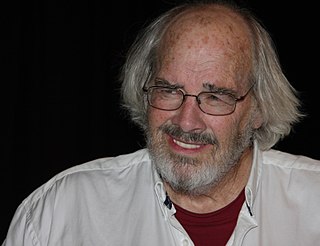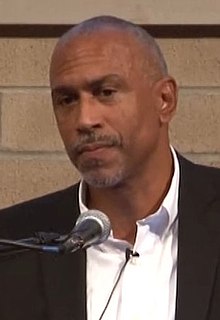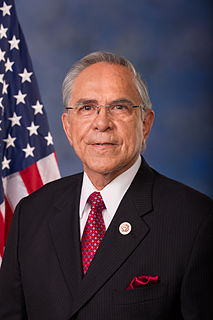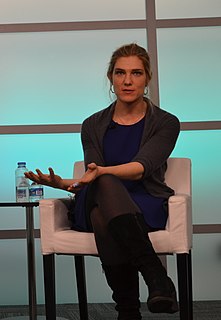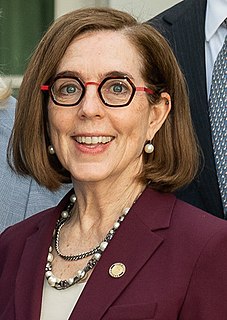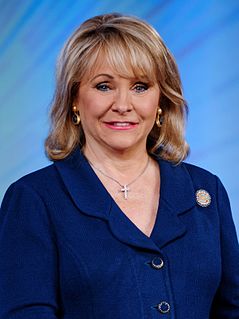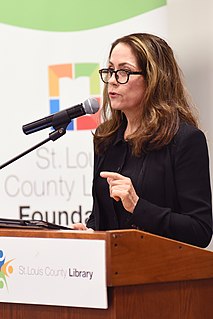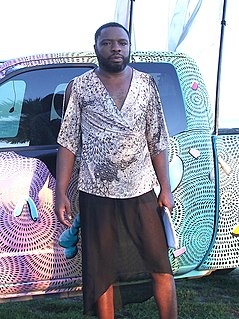Top 1200 Graduate Students Quotes & Sayings
Explore popular Graduate Students quotes.
Last updated on April 14, 2025.
The loan crisis and the increasing slashing of funds for students, coupled with the astronomical rise in tuition, represent an unparalleled attack on the social state. The hidden agenda here is that when students graduate with such high debts, they rarely choose a career in public service; instead, they are forced to go into the corporate sector, and I see these conditions, in some ways, as being very calculated and as part of a larger political strategy to disempower students.
Students who acquire large debts putting themselves through school are unlikely to think about changing society. When you trap people in a system of debt, they can't afford the time to think. Tuition fee increases are a disciplinary technique, and by the time students graduate, they are not only loaded with debt, but have also internalized the disciplinarian culture. This makes them efficient components of the consumer economy.
Let's also make sure that a high school diploma puts our kids on a path to a good job. Right now, countries like Germany focus on graduating their high school students with the equivalent of a technical degree from one of our community colleges, so that they're ready for a job. At schools like P-TECh in Brooklyn ... students will graduate with a high school diploma and an associate degree in computers or engineering. We need to give every American student opportunities like this.
Unlike many graduate fellowships, the Rhodes seeks leaders who will 'fight the world's fight.' They must be more than mere bookworms. We are looking for students who wonder, students who are reading widely, students of passion who are driven to make a difference in the lives of those around them and in the broader world.
Communism wasn't a word that I thought of when I went to Cuba. The original Fidelistas were not Communists. They were graduate students at the university and law students. After the Fidelistas took over, they went to Washington and tried to get support from the U.S. government, which turned them down. They were in a desperate political and economic situation, so they took the offer from the Soviet Union. Communism was a matter of necessity.
For some students, especially in the sciences, the knowledge gained in college may be directly relevant to graduate study. For almost all students, a liberal arts education works in subtle ways to create a web of knowledge that will illumine problems and enlighten judgment on innumerable occasions in later life.
The thing that's depressing is teaching graduate students today and discovering that they don't know simple elemental facts of grammar. They really do not know how to scan a line; they've never been taught to scan a line. Many of them don't know the difference between 'lie' and 'lay,' let alone 'its' and 'it's.' And they're in graduate school!
Public education for some time has been heavily focused on what curricula we believe will be helpful to students. Life-Enriching Education is based on the premise that the relationship between teachers and students, the relationships of students with one another, and the relationships of students to what they are learning are equally important in preparing students for the future.
Like many others, I have deep misgivings about the state of education in the United States. Too many of our students fail to graduate from high school with the basic skills they will need to succeed in the 21st Century economy, much less prepared for the rigors of college and career. Although our top universities continue to rank among the best in the world, too few American students are pursuing degrees in science and technology. Compounding this problem is our failure to provide sufficient training for those already in the workforce.
The educational system in the US was a highly predictable victim of the neoliberal reaction, guided by the maxim of "private affluence and public squalor." Funding for public education has sharply declined. As higher education is driven to a business model in accord with neoliberal doctrine, administrative bureaucracy has sharply increased at the expense of faculty and students. Cost-cutting leads to hyper-exploitation of the more vulnerable, creating a new precariat of graduate students and adjuncts surviving on a bare pittance, replacing tenured faculty.
There was a golden period that I look back upon with great regret, in which the cheapest of experimental animals were medical students. Graduate students were even better. In the old days, if you offered a graduate student a thiamine-deficient diet, he gladly went on it, for that was the only way he could eat. Science is getting to be more and more difficult.
The obsessive focus on a college degree has served neither taxpayers nor students well. Only 35 percent of students starting a four-year degree program will graduate within four years, and less than 60 percent will graduate within six years. Students who haven't graduated within six years probably never will.
Colleges prefer to enroll wealthy students because they know it's more likely that they'll pay for full tuition without needing financial aid. They're also more likely to have parents who will donate large sums of money to the school. When the privileged students graduate, they're expected to join the alumni association and also donate cash.
And then there is Pythagoras. The legend is that the founder of theoretical mathematics was so outraged when one of his students, the haplessly gifted Hippasus, discovered irrational numbers that he sent the poor fellow out on a raft to drown, initiating a venerable tradition of professors mistreating their graduate students.
What I am going to tell you about is what we teach our physics students in the third or fourth year of graduate school... It is my task to convince you not to turn away because you don't understand it. You see my physics students don't understand it... That is because I don't understand it. Nobody does.

